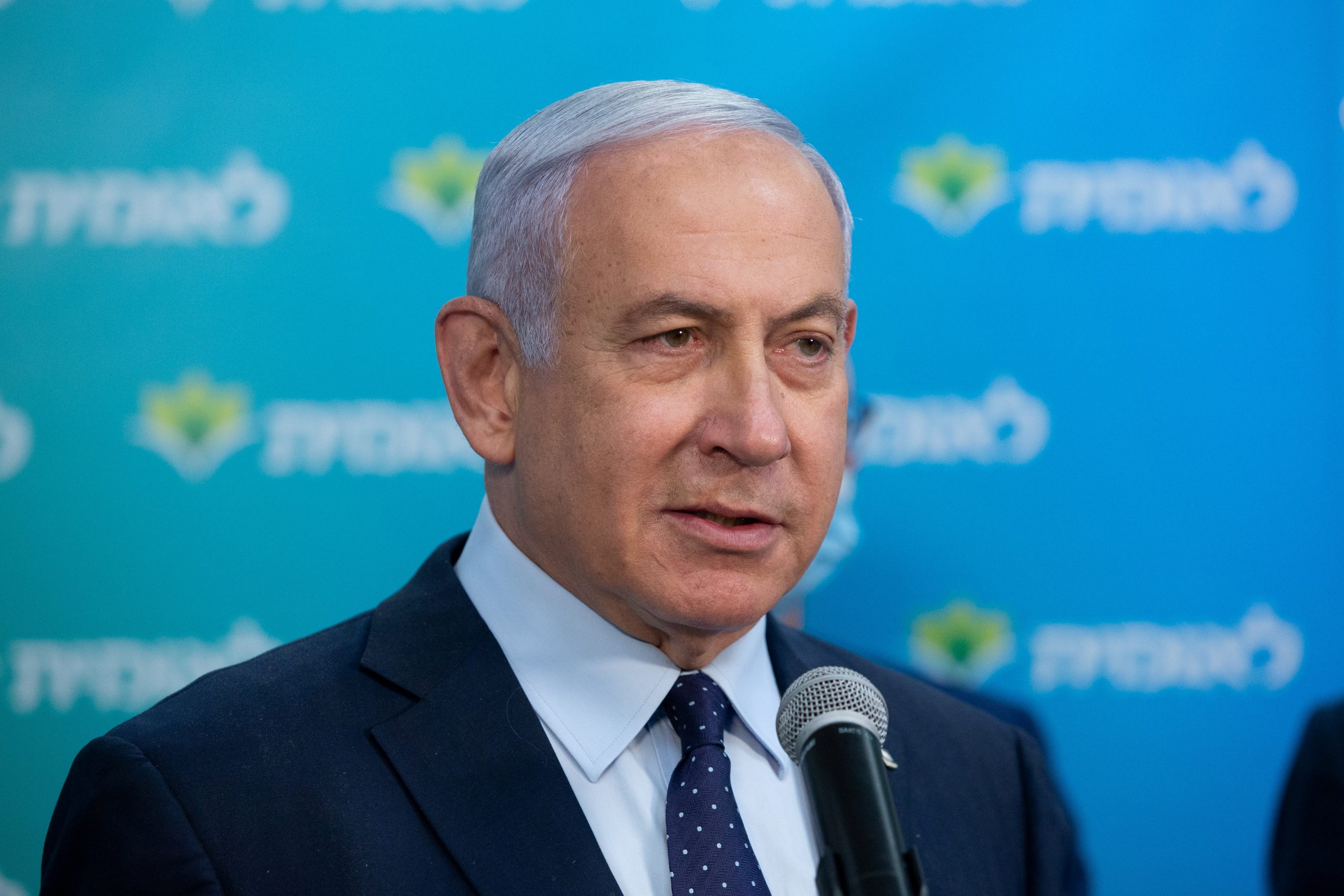Israeli Prime Minister Benjamin Netanyahu and U.S. President Joe Biden held a long-awaited first phone call on Wednesday after a delay that had seen Washington deny it was snubbing Israel’s leader.
There had been speculation that the Democratic president was signalling displeasure over the conservative Netanyahu’s close ties with former President Donald Trump, who called the right-wing leader two days after his inauguration in 2017.
Biden has spoken with about a dozen other world leaders since taking office on Jan. 20. The White House had said that Netanyahu would be the first Middle East leader he would call.
Biden and Netanyahu spoke for about an hour on issues including Iran and Israel’s budding relations with Arab and Muslim countries in the region, Netanyahu’s office said in a statement.
“President Biden and Prime Minister Netanyahu discussed the continuation of peace agreements, the Iranian threat and challenges in the region, and agreed to continue talks between them,” the statement said.
“The two leaders noted their longstanding personal ties and said they would work together to further strengthen the strong relations between Israel and the United States,” the statement added.
They also spoke about ways to deal with the coronavirus pandemic, the statement said.
The White House had denied that the delay in a Biden courtesy call was meant to disrespect Netanyahu, with spokeswoman Jen Psaki saying last week that it was “not an intentional dis”.
Netanyahu this week acknowledged differences with Biden over Iranian and Palestinian issues, but said the two enjoy a strong working relationship.
The Israeli leader may find the two countries’ alliance tested if Washington restores U.S. participation in the Iran nuclear deal, from which Trump withdrew, and opposes Israeli settlement building on occupied land where Palestinians seek statehood.
An Israeli diplomat told Reuters that Israel had been concerned about the delay in Biden calling Netanyahu, but was mindful that the U.S. president was dealing with other issues first, such as the coronavirus pandemic and challenges from Russia and China.
The fact that Netanyahu was the first Middle East leader called was taken as a positive sign, the diplomat said.
(Additional reporting by Matt Spetalnick in Washington; Editing by Franklin Paul and Alistair Bell)

























 Continue with Google
Continue with Google